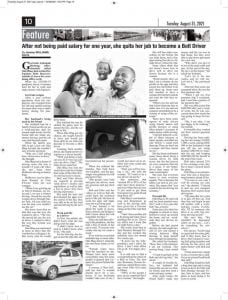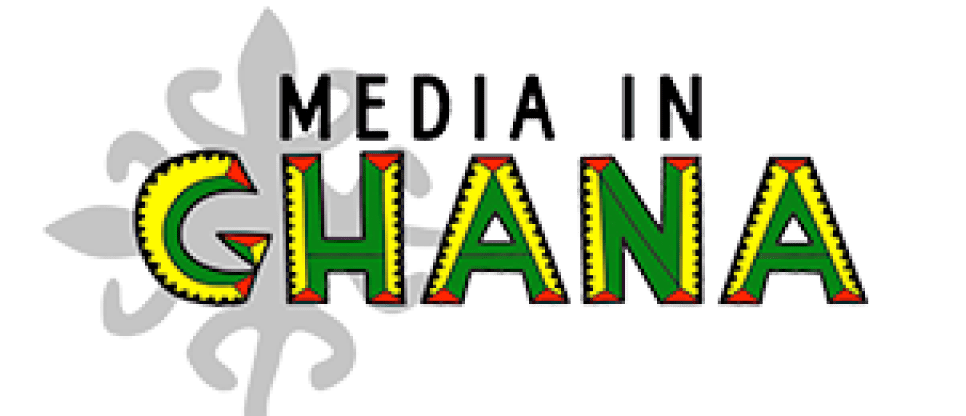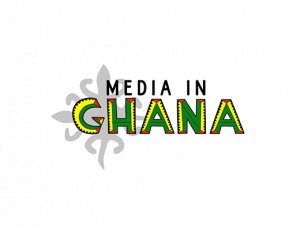I got the lead while out reporting on the COVID-19 mandates in Accra with my colleague
Thelma. We called up an uber and were surprised when our driver was a woman. Thelma and I asked her about her experience in a male-dominated workforce and how the job affected her family life. She was hesitant to talk about it much, but we explained that we were from The Finder newspaper and would like to interview with her if she would make time. Thelma and I went on with our assignment for the day with Odo Blaq’s contact information for the future.
I tried getting in contact with Odo Blaq when we finished up for the day and left a couple
messages. She didn’t pick up until Thelma called her the next day from the office. I tried scheduling an interview when Odo Blaq wasn’t working, which meant trying to meet up over the weekend.
The group and I had a weekend trip planned and the Chale Wote festival clogged traffic all over Accra. I was going to try to do the interview, but we never connected and I ended up going to Chale Wote, as that was a story to cover as well. A couple weeks later Thelma and I finally got in touch and scheduled a time for Odo Blaq to
come to The Finder office. I met her outside the office and started the interview from her car. She wasn’t comfortable with recording anything, so I used my pen and pad and went through my questions, asking follow ups and going through the practices the SOJC taught me a dozen times.
After a few minutes of questions, we changed locations to inside the office and my colleagues (Thelma and others) asked some further follow up questions. When the interview ended I had a pad full of notes and anecdotes about Odo Blaq. She called after the interview and gave me more anecdotes to add, as well as to thank me. I had done interviews before and worked with subjects on stories but hadn’t had someone so excited to share their story. I thanked her and told her I would send her a copy of the story when it was published.
Writing and editing the story took me a couple hours and a lot of staring at the screen unsure of when I was really done writing. The final product ended up being a full page of the newspaper, no room for ads or anything. I showed my colleagues at the paper and they were… polite, about wanting to make changes to the story. I had written a feature piece about Odo Blaq, the female uber driver who is following her dream of driving and forging her own path of independence. My colleagues had other edits in mind, edits that would have made the story shorter, perhaps easier to digest and more objective. But I was admittedly hardheaded about the story and unhappy enough with the suggested edits that we agreed I’d turn it into to Mr. Elvis Darko for final changes.

Mr. Darko’s changes, I knew, would happen without me around to object.
Fast forward to the next Monday and boom… a full-page feature story with my photos on the
front cover. Never thought I would see it, at least not early in my career. To say I was excited was an understatement. I reread the story a dozen times at my deck. By noon the story had been picked up across Accra, Mr. Darko showed me two websites had republished the story with The Finder as their source. Asaase Radio had an article as well by the end of the day, and my story was making the rounds on all of the talk radio shows. It was all a dream, I was a little upset I hadn’t been credited by the other websites and publications, but nonetheless I was grateful that my story was shared around and Odo Blaq was so happy seeing her story out in the world. It’s one of those moments I’ll never forget.

